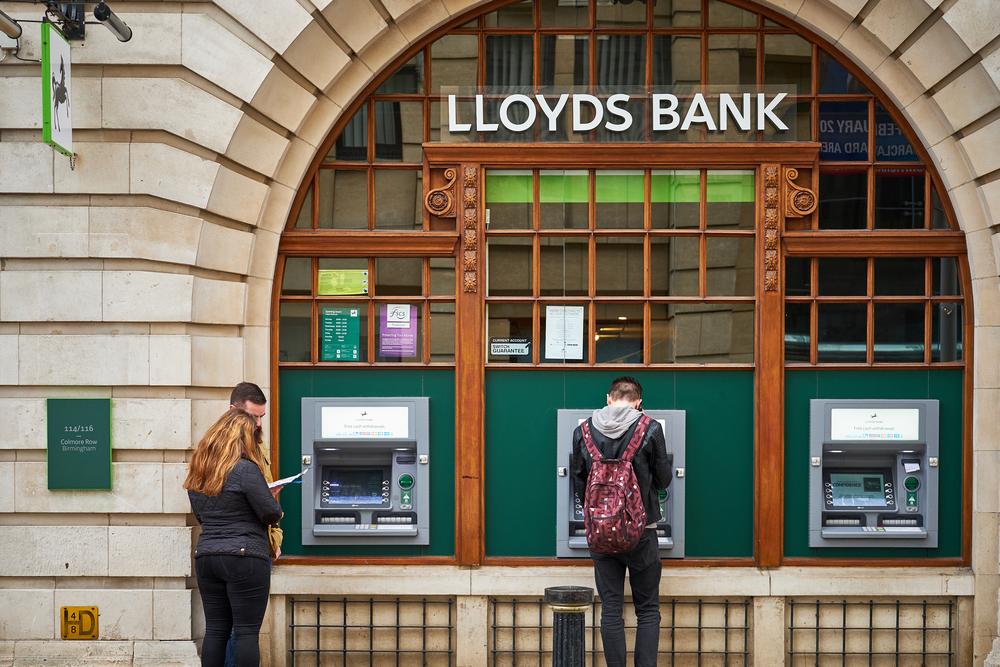Lloyds share price rose on Thursday after the UK bank passed the Bank of England’s lastest stress test.
Lloyds (LON:LLOY) was among seven major lending institutions including Lloyds, Barclays, HSBC, Santander and Nationwide to undergo the test.
All banks passed the test which simulated extreme financial conditions caused by falling UK house prices, a global economic slowdown and a rise in unemployment.
The stress test also included misconduct fines of £25bn.
It was found that in the most stressful situation banks would have at least twice as much capital reserves as they did in 2007.
The banking sector rose in early trade on Thursday with the Lloyds share price rising over 1% before falling back in afternoon trade.
Lloyds capital reserves
The Bank of England stress test found that Lloyds a hypothetical worst case scenario would see Lloyds CET1 ratio fall to 9.3%.
The ‘hurdle’ rate is 8.5% and Lloyds actual and current CET1 ratio is 14.6%.
Like all other institutions that underwent the stress testing, Lloyds was not required to submit a revised capital plan to the Prudential Regulation Committee
Lloyds share price under pressure
Lloyds has remained in the steady downtrend for much of 2018 as the Brexit negotiations hit sentiment surrounding UK banks.
Lloyds, like other major UK listed banks Barclays and RBS, are highly exposed to the UK economy with little overseas diversification after capital reserve rules forced non-core asset sales.
While the stress tests show UK banks are safe from total collapse, the tests included forced management actions that would be implemented in reaction to significant deterioration in profitability and cash flow.
The stress tests came alongside releases from the Bank of England and UK government that predicted sharp reductions in potential UK GDP if the UK was to leave the EU with no-deal.
The UK government report suggested a No-deal Brexit could lead to UK GDP being 9.3% lower in 15 years than if the UK wasn’t to leave UK.
Such a situation wouldn’t mean a collapse of UK banks – but it could mean a collapse in their share prices.




